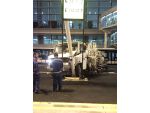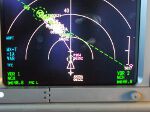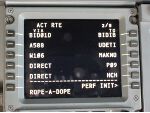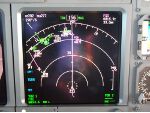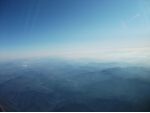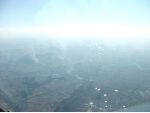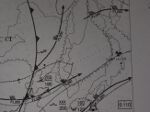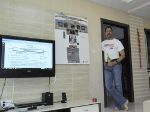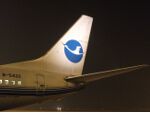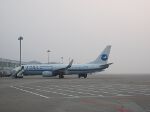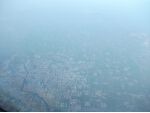After the destruction of Viva Macau by the corrupt Macau government and its vested (Air China) business interests, it was off to the Chinese mainland, where newly delivered airliners are plentiful and experienced pilots in short supply. It is a place with an ancient culture, incredible scenery, and an 800lb gorilla (the government) running all of life from the top down. The country very much resembles the USA at the end of the 19th century: hell bent on development, with an entrepreneurial class in the making, and institutions straining to handle the fast pace of change. A key difference is the communist government, which never hesitates to directly control just about everything that is independent in the free world. China has been isolated due to political forces both internal and external, and now sruggles to catch up with the outside world. It is discovering that free flows of people and ideas is essential to modernization and elimination of poverty. Therefore, it ranks transportation and information technology development as high priorities for modernizing the country.
The Chinese airline industry is interesting. Airlines are modernizing and expanding, with an influx of cutting-edge technology and expertise coming from abroad. At the same time, there is a pathological resistance to creative thinking and innovation. Work rules, scheduling, corporate structures, and mindsets are very much "old school Chinese." The military owns all Chinese airspace, and yields minimally to the needs of commercial aviation. For example, flights southeastern China are plagued with "flow control" delays due to military activity. Also, the airways in and out of many airports are narrow and bi-directional, and therefore disruptive to normal jetliner climb and descent profiles. English is the common language for aviation, but ATC on the mainland struggles as in no other country with English radio traffic. It all adds up to the system having great potential but still choking on echoes of the Cultural Revolution.
© 2005 - 2025 AB9IL.net, All Rights Reserved.
Written and curated by Philip Collier / AB9IL.
About Philip Collier / AB9IL, Commentaries and Op-Eds, Contact, Privacy Policy and Affiliate Disclosure, XML Sitemap.
This website is reader-supported. As an Amazon affiliate, I earn from qualifying purchases.
